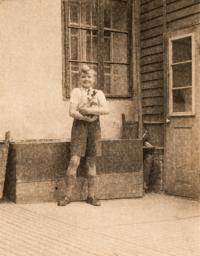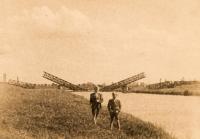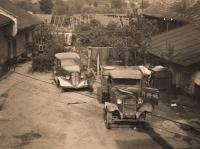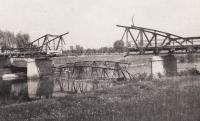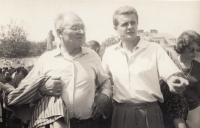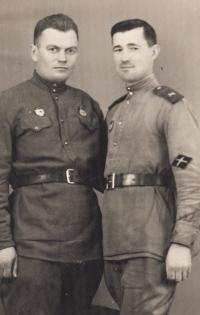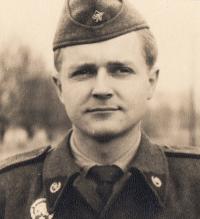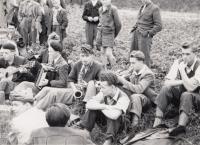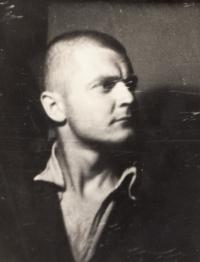I always said that the Communists should push off, not me

Download image
Jaroslav Mojžíš was born on 4 June 1934 in Olomouc. He grew up in Kojetín, where his father owned a textile shop. After graduating from grammar school, he and his former classmates planned to publish anti-Communist pamphlets. He did not like that the Communists were nationalising property and forcing people to join agricultural cooperatives. Although the youngsters never actually published any pamphlet and merely spoke of fighting against Communism, they were arrested. The witness was imprisoned from 10 December 1953 to the beginning of 1954, when he stood trial. He was sentenced to seventeen months of prison for the crime of seditious association. He did hard labour in the uranium mines near Jáchymov. His punishment was reduced by two months in the end. He then worked in farming and successfully applied to the University of Agriculture in Nitra. Although he was an excellent student, he was expelled shortly before completing his degree because the school management discovered that he was a former political prisoner. He was only able to hide the fact for so long because he was studying in Slovakia. His past also caused him trouble in finding employment. However, he finally succeeded in completing a veterinary school in Košice alongside his work duties. He was employed as an assistant professor and later worked at the Research Institute of Veterinary Pharmacy in Prague until his retirement.


